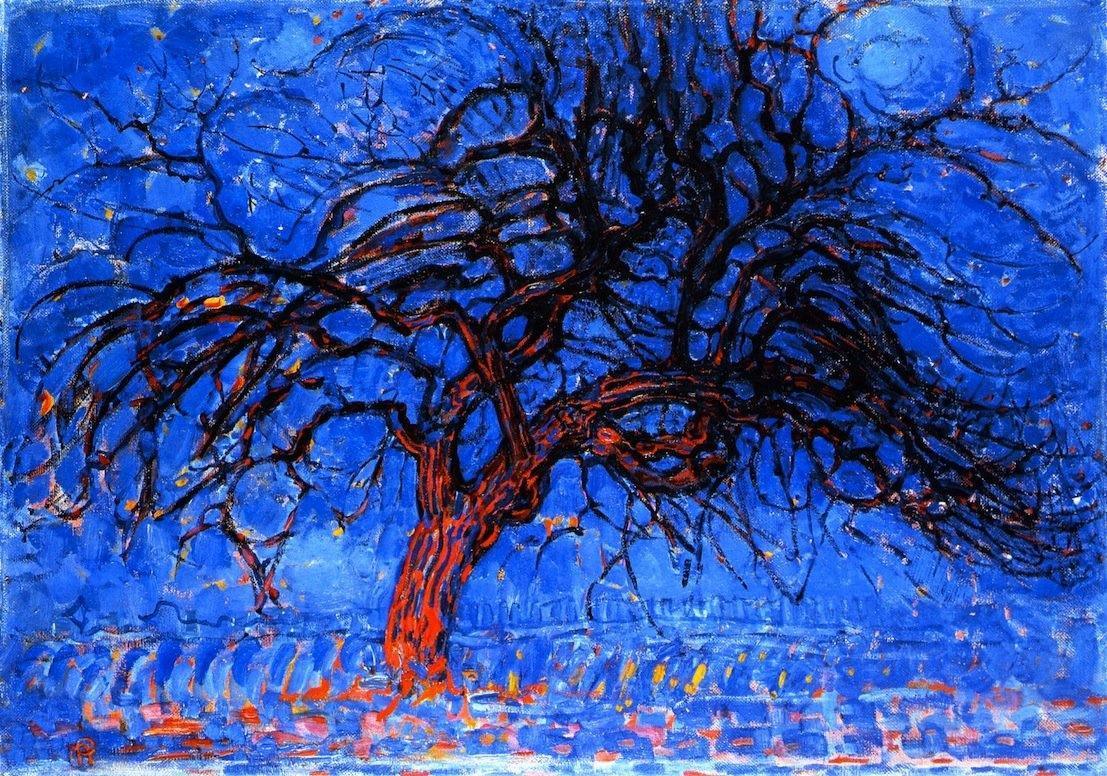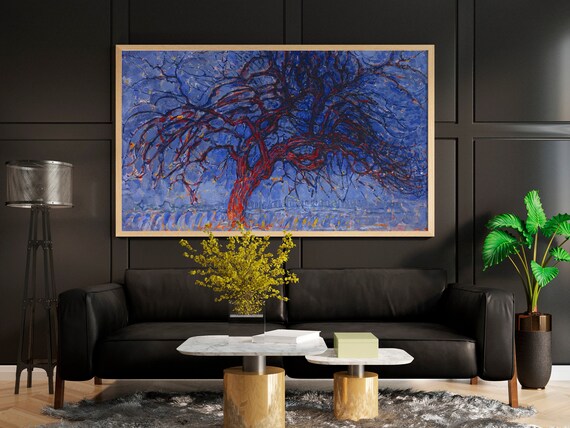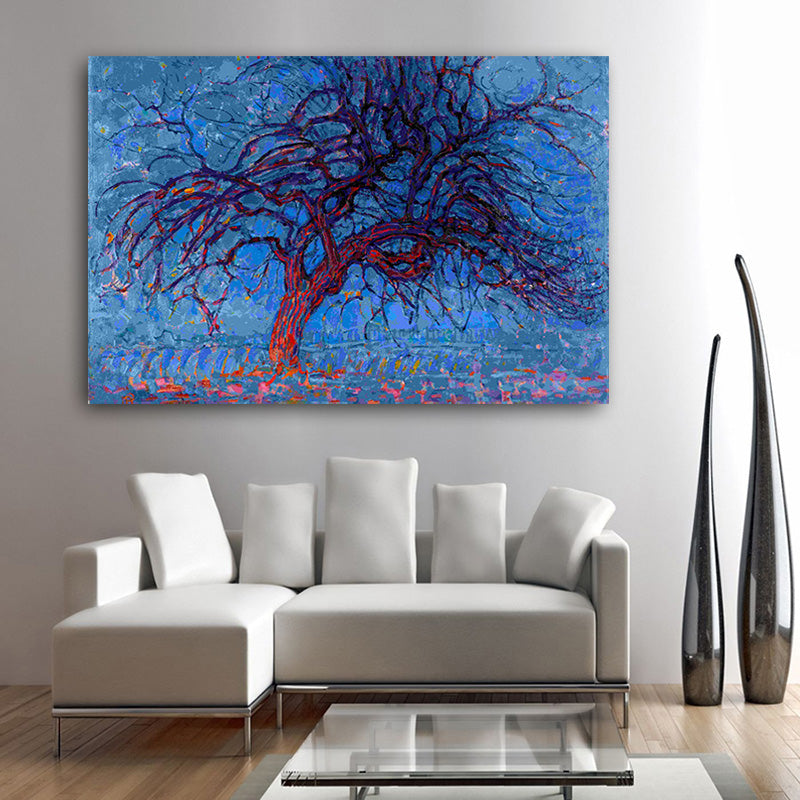Description
Piet Mondrian's Red Tree painting is a masterpiece of abstract art that has captivated art lovers since its creation in 1908. This work is a perfect example of Mondrian's artistic style, characterized by simplicity and geometry.
The Red Tree composition is one of the most interesting in Mondrian's work. The painting is divided into two parts: an upper part, which represents the sky, and a lower part, which represents the earth. In the center of the painting is a red tree, which is the focal point of the work.
Color is another important aspect of Árbol Rojo. Mondrian used a limited color palette, including red, blue, and yellow. These colors are used in large, flat blocks, creating a very powerful visual effect.
The history of the Red Tree painting is fascinating. Mondrian created this work at a time when he was experimenting with abstract art. At the time, abstract art was considered radical and unconventional, but Mondrian was determined to explore this new style.
One of the lesser known aspects of Red Tree is that Mondrian originally painted it as a realistic landscape. However, after several tries, he decided that the landscape was not interesting enough and began to experiment with abstraction.
In conclusion, Piet Mondrian's Red Tree painting is a masterpiece of abstract art that has captivated art lovers for more than a century. Its artistic style, composition, color and the story behind its creation make this work one of the most interesting and fascinating in the world of art.




